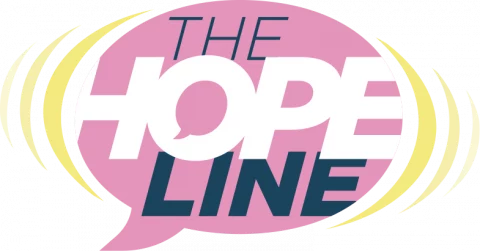Physical trauma happens when your body is harmed, and it can vary in severity. It includes things like car accidents, mugging, and other forms of physical violence. Physical trauma can occur from a single event or multiple events over time. For example, someone may have grown up without any food, leading them to hoard food as they may not know when their next meal will come. Or they might have been hit by their parents for getting a bad grade on their test. Whether it happens once or repeatedly, physical trauma can affect your mental health.
Physical trauma can cause anxiety, depression, and PTSD, making you feel unsafe and stressed after the event. Physical trauma, whether it happened once or many times, needs serious attention and care. Taking care of your body and mind is vital to help you heal and feel better.






 Privacy Policy / Terms of Use
Privacy Policy / Terms of Use